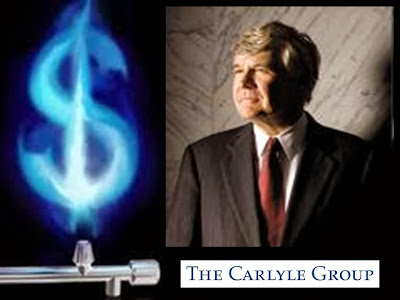Vail Daily reported on a presentation by Carlyle Group co-founder David Rubenstein to be held later today:
Today, there are almost 3,000 private equity firms holding over $1 billion in assets. The top 10 firms in the U.S. hold assets of about $1 trillion. Over 7.5 million Americans are employed by companies owned (at least in part) by these firms, and they indirectly affect millions more people. That’s because almost 25 percent of the money they raise comes from government pensions, endowments and public foundations.The private equity model became ubiquitous during the George W. Bush and Barack Obama presidencies. Private equity underwriters (PEU's) were a miniscule part of the economy prior to these two presidents. One business reporter personally faced the PEU monster and wrote of its devastating impact:
Our economy has been built in large part on a private equity model. But does it work?
There are very few people out there who will talk and write honestly about private equity. I know from personal experience that the financial press is so eager to break news on "deals" that reporters (who are increasingly compensated on the number of "market moving stories" they write) can't afford to be critical of Carlyle, KKR and Blackstone, and risk losing access to people at those firms.
I have seen so many people -- particularly those in their 50s - 70s -- taken apart by what has happened in their industry as greed has hollowed out the economy. These are people took pride in their jobs and held themselves to this invisible standard that we all just took for granted, but is being wiped out.
As for Carlyle co-founder David Rubenstein:
The Carlyle Group scares me more than anything I've ever seen on Wall Street. It seems to exist to corrupt politicians and it's hard to know who they even represent.
I watched a video interview of (David) Rubenstein and his arrogance is really beyond tolerance. He was going on about the debt ceiling problem and how there would need to be cuts in services and higher taxes. When the reporter asked him about tax on carried interest he turned really disdainful and said that this "only" amounted to $22 billion over some number of years and this was not serious money. Boy, nothing like everybody doing their small part to save the country from oblivion!
If the U.S. economy is the Titanic, PEU's and their political sponsors will get the lifeboats. The rest of us are sunk.































